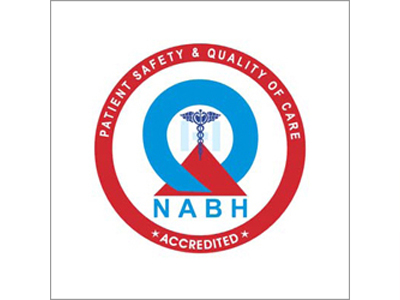Ongoing projects:
- Cognitive Level Enhancement through Vision Exams and Refraction. A randomized controlled trial (RCT) to assess the impact of near and distance spectacles on reducing rates of cognitive decline with aging in community-dwelling older people in India (CLEVER)
- Cataract Impact Study
- Rapid Assessment of Visual Impairment in Nagar Kurnool District in Telangana.
- TOES (Phase 2) - Impact of Screening and Treatment of Eye Diseases on the Dongaria Kondh PVTGs in the two Micro Project Areas of Odisha
- VC-SC Barrier Study
Cognitive Level Enhancement through Vision Exams and Refraction. A randomized controlled trial (RCT) to assess the impact of near and distance spectacles on reducing rates of cognitive decline with aging in community-dwelling older people in India (CLEVER)
Funding Support: Wellcome Trust and LVPEI
Programme Duration: June 2021 to September 2026
The CLEVER trial aims to determine whether free near and distance glasses provided to older adults living in or near Hyderabad, India, aged ≥ 60 years, with under- or uncorrected refractive error and normal baseline hearing and cognition (HMSE > 18), can reduce rates of cognitive decline, measured by a global cognitive score from the LASI-DAD cognitive testing battery over 36 months.
Objectives:
The qualitative component of the CLEVER study will provide information on the context in which the trial will occur. Specific objectives include:
Cataract Impact Study - Impact of Cataract Surgery on Productivity - A Multicentre Intervention Study in India, Brazil and Mexico
Funding Support:Lions Club International Foundation and LVPEI
Programme Duration:May 2022 to May 2025
Cataract surgery is well known to be highly cost-effective, but in settings with limited resources, understanding the economic outcomes of cataract surgery is more challenging. Hence, the purpose of the study is to demonstrate the household financial impact of cataract surgery (phacoemulsification compared to MSICS) versus no cataract surgery at baseline after three months and twelve months.
Primary Objective: To evaluate the economic outcomes after cataract surgery versus no cataract surgery and their independent risk factors at the household level, based on Monthly household income (obtained from formal and informal work).
Secondary Objectives: To evaluate the economic outcomes after cataract surgery versus no cataract surgery at the Household level and their independent risk factors, based on:
Rapid Assessment of Visual Impairment in Nagar Kurnool District in Telangana.
Funding Support: Intra mural grant from LVPEI (HEI)
Programme Duration: June to August 2023
A population-based cross-sectional study using the Rapid Assessment of Visual Impairment (RAVI) technique is being carried out in the Nagar Kurnool district of Telangana State in the catchment area of LVPEI VVC. This project aims to assess the prevalence, causes, and risk factors for visual impairment among the population aged 40 years and older in this district. In total, 3000 participants will enumerate from 60 clusters and all those who are available will be examined by the trained eye teams. As of date, 30 clusters are completed.
Objectives:
TOES (Phase 2) - Impact of Screening and Treatment of Eye Diseases on the Dongaria Kondh PVTGs in the two Micro Project Areas of Odisha
Funding Support: Ministry of Tribal Affairs (MoTA), SC & ST Research and Training Institute (SCSTRTI), Odisha
Programme Duration: February to September 2023
The current study will undertake a medical review and follow up with the target population to see if there are any left-out Dongaria Kondhs families who need screening and treatment as well as to understand whether any further support or treatment is required to the Dongaria Kondhs who have undergone surgery and eye treatment in the first year. Further, the impact of screening and treatment of eye diseases on the lives and livelihood of Dongaria Kondh will also be undertaken during the study period.
Objectives:
VC-SC Barrier Study
Funding Support: IHOPE
Programme Duration: November 2021 - Ongoing
Barriers to reaching secondary level eye care service centre of L V Prasad Eye Institute, Hyderabad after being referred by primary rural eye care centres -- A qualitative study at Kuchakulla Ramachandra Reddy Eye Centre (KRREC), Thoodukurthy and Navabharat Eye Centre (NBEC), Paloncha, Bhadradri Kothagudem District, Telangana.
Objectives:


